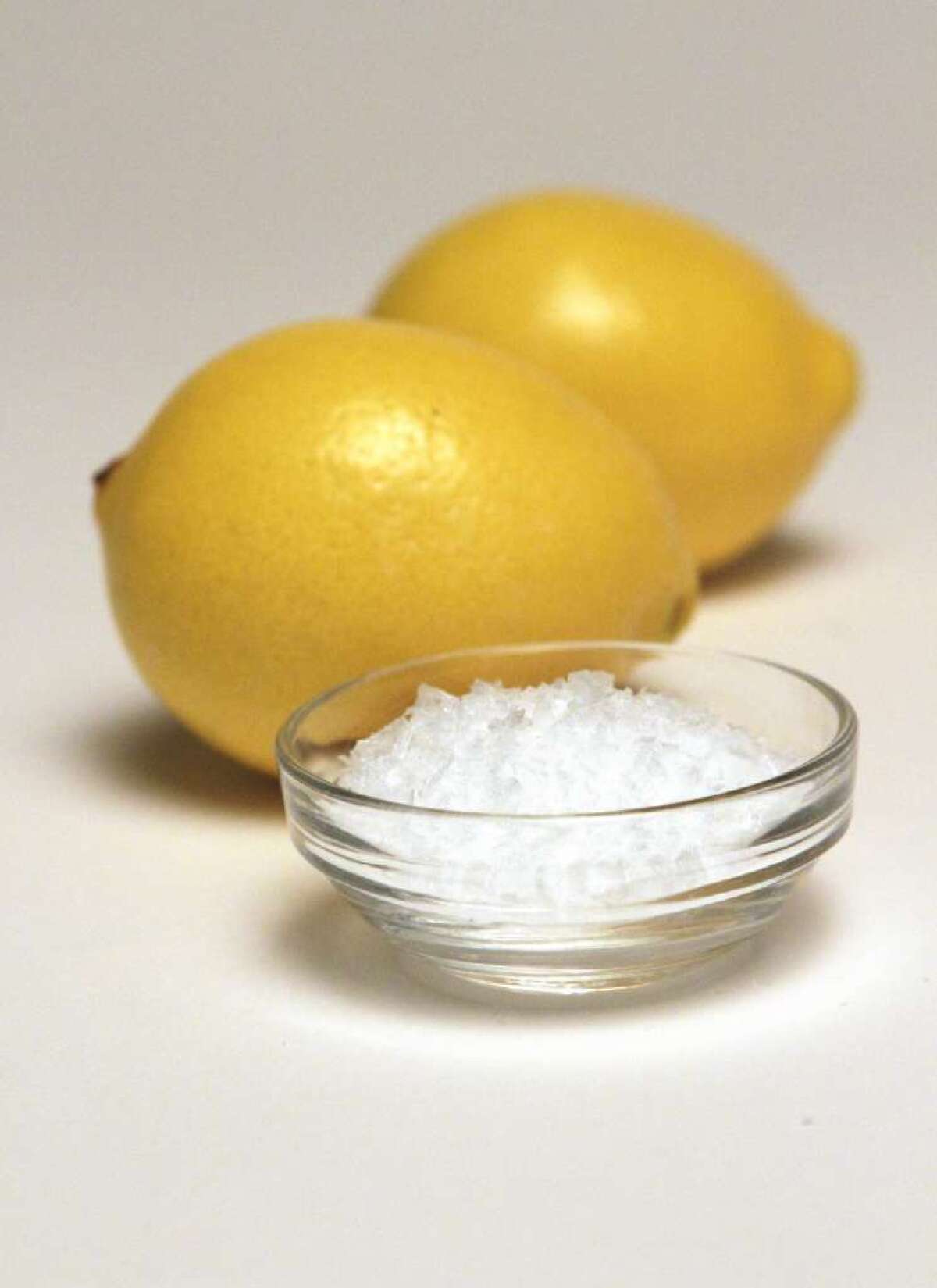England’s salt-reduction campaign saved lives, researchers say

A 15% reduction in salt consumption was likely “an important contributor” to a 40% reduction in stroke and heart disease deaths in the last decade in England, researchers said Monday.
The “single largest” contribution to the decline in deaths was a decrease in blood pressure, they said.
Smoking and blood cholesterol also declined over the period, 2003-11; produce consumption and body mass index rose. At the same time, there were improvements in treatment for high blood pressure and heart disease, they said in the online British Medical Journal Open.
The English government in 2003 began a program to get companies gradually to reduce the salt levels in processed foods. It led to a 15% decrease by 2011, the researchers wrote. Since the start of that program, salt intake fell by 1.4 grams a day. (In the United States, health authorities recommend people consume a limit of around 2 grams a day, depending on several factors such as age; the average intake is 3,400 to 4,000 mg.)
Because processed foods account for about 80% of total salt intake, and the industry undertook a gradual reduction in salt added to all such foods, the researchers said, it’s likely that the salt reduction occurred across the population.
But, they wrote, “It is difficult to quantify the relative contribution of salt reduction” to the diseases, but analysis of the data around the disease and deaths show it had a “significant role.”
“In the U.K., the political action group ‘Action on Salt’ worked with the government and the food industry to slowly wean the British populace off salt, with excellent results. Yet, our food industry has fought a similar action tooth and nail,” said Dr. Robert Lustig, a pediatric endocrinologist at UC San Francisco, author and an advocate for reducing sugar consumption.
He noted that another group hopes to “wean the British populace slowly off sugar; but you can image how well this will go over here with the U.S. food industry. We need to reduce our sugar consumption to improve public health. In the absence of industry cooperation, a sugar tax or other more draconian government intervention will likely be required,” Lustig said by email.
The Grocery Manufacturers Assn., a trade group, noted the industry’s progress.
“Food and beverage manufacturers are committed to providing consumers with the product choices they need to achieve reduced sodium intake levels,” the association said in a statement. “Our industry has developed thousands of products with reduced, low or no sodium and has also silently and incrementally reformulated many products to reduce the amount of sodium within consumer taste preferences.
“Reducing sodium in products without negatively affecting consumer acceptance must be taken into consideration, because a ‘healthy food’ will not promote health if it is not purchased or eaten,” the association added.
The salt researchers, from Queen Mary University of London, looked at data from several sources, including the Health Survey for England from 2003 to 2011 that tallies information on diet and health from 31,500 people. Average salt intake was measured through urine samples from nearly 3,000 people who took part in the National Diet and Nutrition Survey.
Of course, some people take medication to treat high blood pressure. “An analysis of the data from the Health Survey for England showed that antihypertensive medications accounted for less than 25% of the systolic blood pressure decline,” the researchers wrote.
Researchers said the use of several sets of data meant that changes were not tracked for individuals.
Salt intake needs to drop further in the U.K., the researchers said. Salt consumption increases blood pressure – a risk factor for stroke and heart disease.
“The U.K. is way ahead of the United States in reducing sodium intake and improving the public’s health,” said Michael Jacobson, executive director at the Center for Science in the Public Interest, a nutrition advocacy group in Washington. He noted that the U.K. campaign included ads reminding people to read labels and “that really made salt an issue.”
He noted that some companies are reducing salt in products on their own, including Walmart, which he said reached a 9% reduction over the last several years. Of 480 products CSPI tracked in 2005 and then in 2011, 205 of them had reduced the sodium, 117 did not change it, and 158 increased it, according to a report from the organization.
Twitter: @mmacvean







